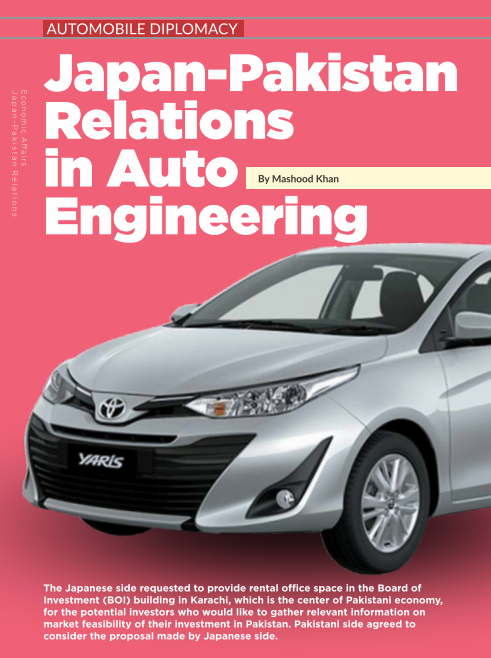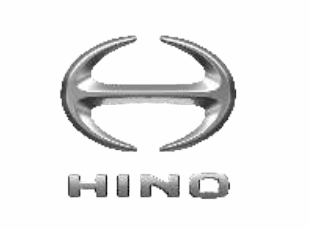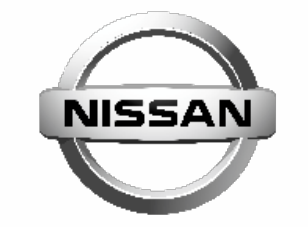
By Mashood Khan
“In 2022, we will commemorate 70 years of trade and cooperation. Pakistan was one of the first countries to establish diplomatic relations with Japan after signing a treaty in 1952. That same year Karachi became one of the first few cities of the world from where Japan chose to return to business after the war.
There are many platforms between both countries but Pakistan-Japan Business Forum (PJBF) is a bilateral forum established in 2001 with a view to promoting trade and investments between the two friendly countries. To achieve this objective, the formation of its Board of Directors comprises ten Directors each from Pakistan and from Japan elected for a period of 3 years.
The counter part of PJBF in Japan is Japan-Pakistan Business Cooperation Committee (JPBCC) and which is currently headed by Teruo Asada, the Chairman of Marubeni Corporation, and itself a conglomerate in Japan. Delegations between the two alternatively take place each year for what is called the “Joint Dialogue”.
Meetings are arranged for Government to Government (G to G) negotiations as well as Business to Business (B to B) interaction. The last such meeting was held in Tokyo in December 2018 with the Advisor to the Prime Minister on Commerce and Trade, Razzak Dawood leading a 25-member delegation. Deliberations took place at the Ministry of Economy Trade and Industry (METI).
When we discuss the auto engineering industry of Pakistan, the country initially got American Brands like GM and Ford to enter into Pakistan, but after Nationalization the industry button was reset, and the first companies to enter into Pakistan were Japanese. We welcomed Suzuki, HINO, NISSAN into the country for the manufacturing of cars and trucks.
Later Toyota and HONDA followed in the passenger car segment. The Japanese OEMs have dominated this country for the past 4 decades and assisted in bringing in their manufacturing culture. Companies with background of sheet metal, forgings, castings, plastics and rubber seized the opportunity and developed into high-tech Teir-1 companies we see today.
Some characteristics of Japanese manufacturing methods and production management that have been transferred and adopted by Pakistani APM’s are lean management, flexible automation, group technology, the Toyota production system, the QC circle, lifetime employment, just in time and product development. Organizations like JICA have helped to formulate recommendations for policies, strategies, prioritized action plans, adoption of best practices, technological/technical improvement for a competitive and state of the art automobile industry.
So, on the special occasion of the National Foundation Day, I on behalf of the Pakistan Automotive community would like to thank the people of Japan for their assistance in the development of our manufacturing industry especially the automotive.

The writer is Director – Mehran Commercial Enterprises, an auto sector expert and former Chairman of PAAPAM (2016-2017).




